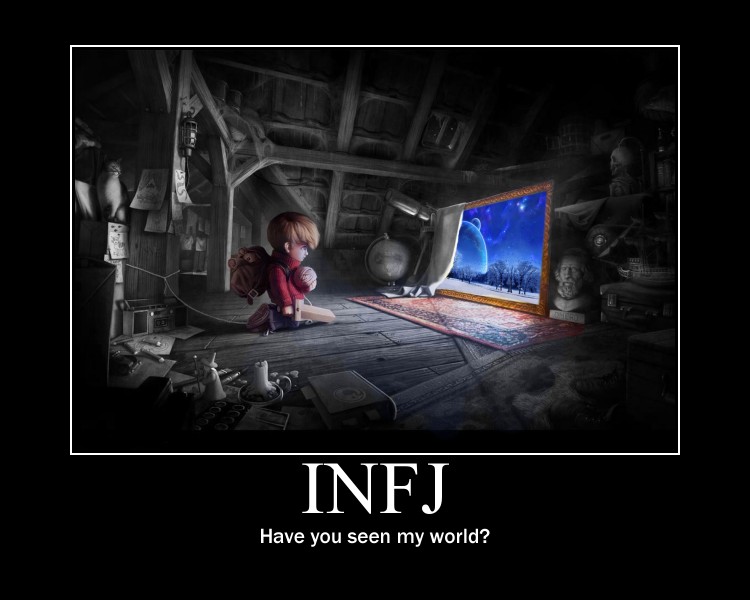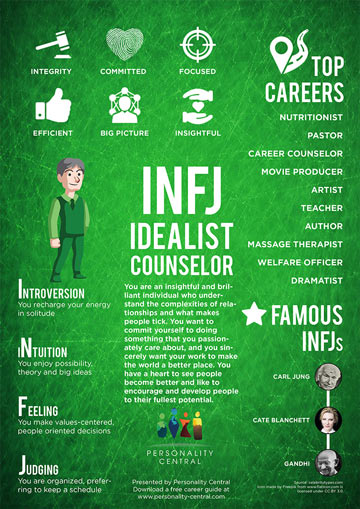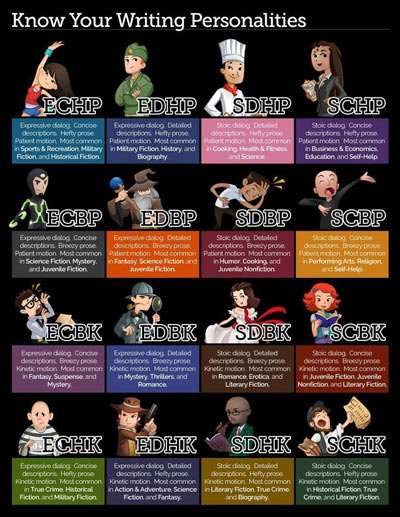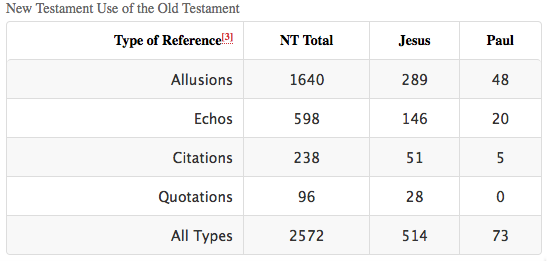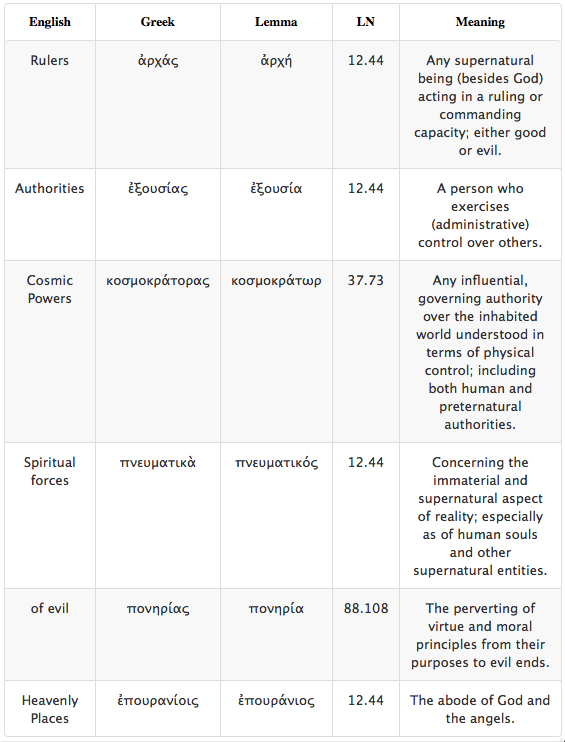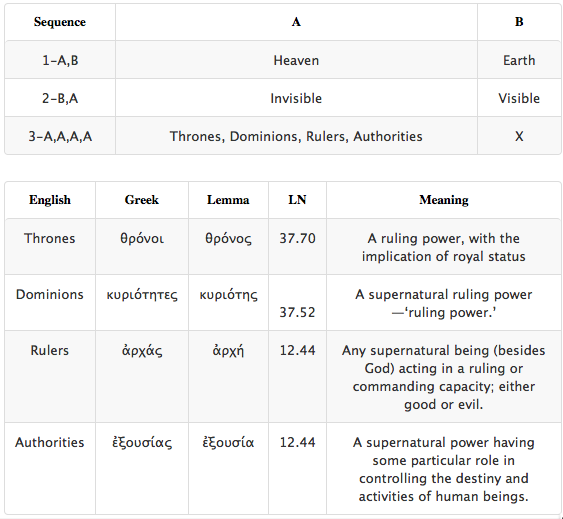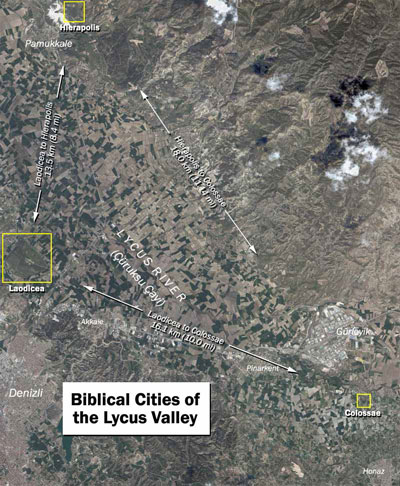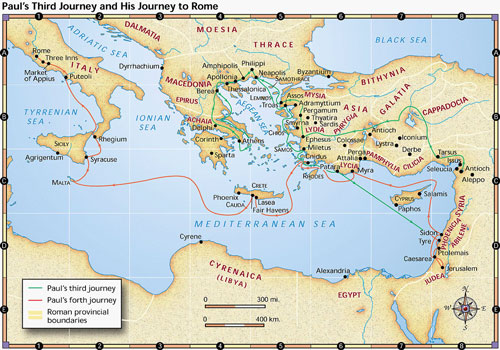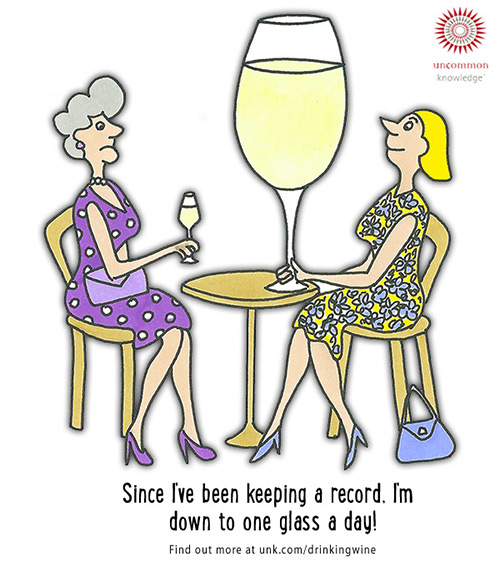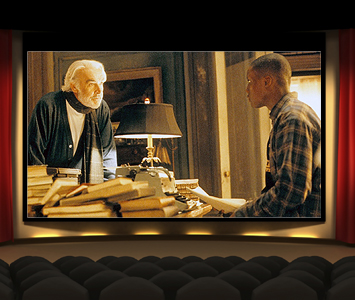The most useful things built on land are built last. I propose reversing that order. Build it backwards. Small structures provide big comfort and improvements relative to their size and cost. Their return on investment is high because the investment is small and the return is relative to the “nothing” of vacant land.
Building backwards and small enables you to get the most important uses out of your land first, and soon. There are many advantages other than a high ROI. One might be to rescue this widely held and rarely realized dream from the never-to-be-crossed-out section of your bucket list.
We’ve started the project of securing a retreat in the country and there’s been a world of decisions in choosing one plot of ground. That part of the journey is ongoing and best left to a separate article. Between scouting trips thoughts have turned to solidifying the vision. As the vision became clear I started thinking about ways to Optimize the effort-to-value ratio of building any house in the country. We’ll be building across state lines so remote access factors come into play in our optimization approach, as well.
Plan the Site – Then Build Small and Useful
You have to plan the site anyway, right? Planning is an expense that enables every downstream cost (Including time) to be optimized.
Plan everything your dreaming of for the site. Make sure it fits with the natural flow of the topography. Be practical and figure what you want and what you don’t. Consider everything including the next owner and future generations. And when you’re done pick the smallest most useful element from your plans and build it first.
Easements and Road Access
If you don’t have road access or need an easement then you’ve got some road or legal work to do. Depending on your site design, however, it’s possible your first small structure is some distance from the main building site. If that’s the case then you’ll only need road access to the first structure. Working on that, and leaving the larger road work project aside, for now, still fits the general idea of building it backwards.
Universal Site Plan
If you plan well your plan will capture the universal truths of the lay of the land. Future owner preferences will vary though none would benefit from going against the natural flow of the land.
If circumstances change before you actually build out your vision then most of the things you’ve already built have a good chance of fitting in with the next owners vision. Though not more important than your own values and goals there’s good reason to believe that well-built structures in-line with the natural flow of the land will become permanent beyond you.
Possibilities
My working definition of useful is anything that provides shelter, storage, rent, access or produces income or savings. Ideally, it’s something you would have gotten around to building anyway and decided to build first rather than last.
Covering every possibility is impossible. There’s a continuous line of structures from a tent to the Taj Mahal. Here’s a trigger list to get your creative juices flowing:
- Rental Car
- Your Car
- Tent
- Teardrop camper
- Lean-to & Firepit
- Yurt
- Shed
- Gable
- A Finished Shed (House?)
- Trapper Cabin #1
- Trapper Cabin #2
- Small Barn
- Travel Trailer
- RV 5th wheel
- Camper Van
- School Bus Conversion
- Mobile Home
- Pole Barn
- Garage and Storage
- Pole Barn with RV Stored Inside
- Pole Barn with RV Parked Beside
- Airplane Hanger
- Railroad car
- Tiny Prefab
- RV pad/hookup
- Underground Storm Shelter
- Concrete Storm Shelter
- Tiny House on Wheels
- Tiny House on Ground
- Guest Cabins & Cottages
The popular descriptions of structures bleed into each other. At what point does a shed become a garage? When you use it as one. What’s the difference between a shed and a Gable? Roof design and quality. The difference between a cabin and a cottage? Depends on who you’re talking to about the property.
For Example
We’re securing a retreat in the country where we’ll build a downsized semi-off-grid version of the house we currently live in. We live in a 3200 sq. foot home and could easily chop off 1000 sq. feet as long as there is storage and room for guests.
We have a clear vision of the design and function of our future home in the country. We are also in the advanced stages of choosing the exact location. Once we’ve decided and bought the land there’s some big decisions to make. Made badly, or not at all, and the whole project could grind to a halt.
Build or Sell?
If our vision is clear why not find an existing place that fits and buy it?
- No debt. Purchasing the land and building slowly is a form of self-financing that keeps us from having to take a loan.
- Flexibility. As circumstances change and money comes and goes we can make optimal choices on the margin about the timing, cost and usefulness of the next step.
- Working harder now to build a second house will enable us to rent our current house in the future for retirement income.
- Doing so would require selling our current home and moving immediately. In addition to disrupting my wife’s job we prefer to hold onto our current house for backup.
- I like to build things and would prefer designing and building exactly what we want (Where we want it).
Most Bang for the Buck
The last thing we need is land we don’t use. Our best use for land would be to provide:
- Overnight Stays – Comfortable enough so they’ll actually happen.
- Storage – For Tools and Supplies.
- Income – Rental or from our direct use.
- Security – For our retreat and securing the property in our absence.
These are the functions we’ll keep foremost in mind when deciding what to build first. The sooner a stucture provides one of these functions the better. Chosen wisely we could fulfill all these needs with minimal cost and effort and spread more ambitious plans over time.
Overnight Stays
We could stay in a motel, hotel, apartment, rental cottage, cabin or at a friend’s house. There’s nothing like the occasional motel room to freshen up. However, we’d prefer to put money directly into improvements wherever possible.
Tent & Rental Car
Realistically, it will be yours truly driving a rental car, setting up a tent and enjoying some getaway camping, at first. This zero structure lo-fi method is a custom fit for me (Supplemented with an occasional motel room). Some of the best adventures I’ve been on were done car camping with a tent. I can’t think of a better way to stay overnight while jumpstarting our place in the country.
Lean-to or Shed
Depending on the land the first structure will be either a Lean-to and Firepit or a custom shed. Either will provide extra shelter and comfort for future solo trips. The Lean-to would become an outdoor gathering place when we’re living on the land, permanently. The shed would be a great place to store supplies and tools and also be a notch above a tent for shelter. Done well, either one will give a sense of accomplishment and start momentum towards the next improvement.
While building the first structure I’ll collapse the tent and check-in to a motel room to recuperate, now and then. Our location shouldn’t be more than 30-40 miles away from one. I’ll keep tools in the truck and haul supplies as needed. My SUV has been a champ playing this role on local builds. Though it hasn’t been necessary I could always rent a local U-haul for a day to haul large materials.
Mobile Home or RV
My wife will go two nights in a tent or lean-to. Longer than that and it’s time for a motel room. If we ever hope to stay on the land, together, for longer than a week then we’re talking mobile home or RV. Happily, mobile homes and RV trailers can be bought for a song, nowadays.
If we go with the mobile I’ll prepare the site and have it delivered. If we go with an RV I’ll pull it on-site with the truck. Either one is a big step up from, and will supplement, the lean-to or shed.
Time Out for Perspective
This is a big step. If I can make overnight stays a pleasant experience it would get my family on-site more often and provide support for the next build. That would pave the way for making progress on the rest of the project. If our project gets stopped we still have land, a shed for on-site storage and a comfortable means for overnight stays. Add the rental of a small public storage unit and we’d have a Bug Out Location, already.
There will have been significant expenses, at this point. However, in relation to their value it smacks of Optimal bang for the buck.
Nothing Wasted
Notice all of the above options leave nothing wasted though we’ll be implementing only four of them depending on the site:
- The rental car gets returned.
- Use or sell the tent at a garage sale.
- The lean-to and firepit become an outdoor family gathering place for BBQ’s.
- Everyone needs a shed and a good one, at that.
- The RV can accommodate guests or be taken on your next vacation.
- The mobile home can become a guesthouse, sold or moved.
Storage
Everybody needs a place to put things. Building requires tools and supplies and so do humans. Kick back on a hammock all week and your food and water is still better off out of the heat of the rental car. The questions are should the storage be:
- Underground?
- On-site or off?
- Secured by something/someone other than you?
I find underground storage options to be more romantic than practical. It’s expensive to build reliable underground structures and the drop-ins are no picnic with their delivery charge and crane installation. Completely concealing underground storage is hard unless it’s kept small and dispersed.
Until I have someone on the property full time my answer to off-site storage is yes. More specifically, we’ll supplement our on-site shed with a public storage unit. When we’re off site everything we can’t afford to lose goes into a public storage unit. That’s only $35/mo where we’re looking; cheap insurance for expensive tools.
A side benefit of renting public storage is it gives you a local ship-to address while you’re remote. Ask a friend (Or the on-site storage folks?) to receive the shipment and put the materials into storage for you. When you come into town stop by and pick up what you need to get started.
Gotta Love These Pole Barns
A larger pole barn is a possible one-building solution to overnight stays, storage and a little bit of security for the trouble. There are options to insulate them if it fits your long term goals for the structure. In fact, a pole barn that fits the site is so useful my first title for this article was, “Build the Barn First!”. However, building backwards is a more complete way to say it and opens up more possibilities.
If it fits the site plan we may skip the shed and go right for a larger pole barn. If so it would make sense to consider one big enough to house an RV. In the event we decide to buy an RV for overnight stays the barn would provide a bit more security and protection for it.
Even if the pole barn was not insulated it would become a second option for sleeping bags over a presumably more comfy RV. Also, if there are ways to secure it well enough, or, we discover that theft is a non-issue then we might risk storing an RV and more expensive supplies there. Such choices can only be made on the margin as things unfold.
Security
Nothing is 100% secure if you’re not living there. Second best is a house sitting friend or renter. Third best is line of sight view and regular stop-by’s from a neighbor. When you’re off site store anything you can’t afford to lose in public storage.
Put a Web Cam on it?
You’ll need electricity, satellite-only internet and a dedicated (Cheap) computer for this option. For the trouble you’ll get four to eight cameras monitoring your site. It’s not foolproof but it could make your eyes the first eyes to see anything suspicious. Call your neighbor and ask them to check it out.
Retreat
With all the excitement of working on your house in the country don’t forget it gives your family the added benefit of a retreat location should you ever need to leave your current home. Every improvement makes it that much more comfortable for you family in times of retreat. One need only browse recent headlines to become a fan of having some geographical diversity in your housing plan.
Income
What if you could build something that would provide a source of income?
If a moblie home were in the right location and had electricity and water then it could possibly be rented out. Nowadays that may require having cable and internet installed, as well.
A Tiny House
A second possibility is to stay in your mobile home or RV while building a Tiny House on Ground or a Small Guest Cottage. Once built you’d no longer have an issue providing a comfortable place to stay for your family. Depending on location you might even be able to rent it out to someone who could keep an eye on the place for you between builds.
Two is One
If you can rent out a mobile home or cottage then why not have two (Or one of each)? One for a renter and the other for you.
Building two enables leveraging of design, materials, labor and knowledge into a second identical structure. Rent one and stay in the other. If one isn’t rented then all the more options for family and guests. Even if you build one tiny house or cottage and don’t rent it you could then get rid of the RV or supplement the cottage with the RV.
Either way it will be much easier to get your family to stay longer!
Electricity
Speaking of Building it Backwards the smallest and last provision for electricity will be the first one on the back of my truck: A generator.
Bringing electricity to rural land is expensive. Even if your land already has an electrical drop the expense was built-in to your purchase price meaning you would have been able to purchase more land if it wasn’t. Whether you value more land or less with electricity is up to you. I’m a bit torn on the issue and will face it as we zero-in on our exact land choice.
My overall opinion is that electricity is the easiest utility to do without or provide by self-sufficient means. Since our goal is to provide at least some of the latter I’m not sure how much I’m willing to pay for the former.
Water
Water is life and mandatory. It’s so crucial to rural land it makes for a go/no-go buying decision. If you’re lucky enough to have a stream running through your land then you have a huge jumpstart! You’ll still have to setup pumps, plumbing lines, sewer and leach field, but, drinking water is only a two-stage gravity filter away.
Everyone else has to either drill a well and hope for the best or haul water in. If drilling a well is mandatory it’s too big a risk to not have an idea of whether you’ll be successful or how much money to set aside for the expense.
Cell Phone Coverage
Will you have to drive to get a signal on your cell phone? That could be a time and money losing proposition. Satellite has too much latency for any VOIP functionality you may be counting on. Best check on this, in advance.
Structure vs. Strategy
Structure order is only part of build strategy. You may know what to build and still get stuck on strategy. Since we’re building remotely I’ve been thinking through the various options. Here’s some thoughts off the cuff in the spirit of sparking a jumpstart or an idea to break the logjam of the theoretical.
As discussed previously, unless your paying someone else to build you’re going to need tools, supplies, a place to store them and a place to stay while you’re building. While large industrial one-use tools are best rented general tools and equipment are best owned for long term use.
- Store all tools and supplies underground on-site.
- Store all tools and supplies in an on-site Shed.
- Build an on-site shed supplemented with small public storage rental.
- Keep RV onsite or in local public storage and pick it up when visiting property.
- Rent and return a separate RV trailer for each building session.
- Keep RV on a friends property and pick it up when visiting property.
- Build a pole barn on-site large enough for supplies, tools and to store RV inside.
- Put a wood stove in the Pole Barn (Properly vented and with CO2 detectors all around) to heat.
We live a considerable distance away from our potential building site. That means any RV must be stored or rented locally even if we own it. I’ll be driving the truck to the site and it’s not worth the extra gas to haul an RV back and forth. The gas savings alone would pay for the RV or its local rental.
When in Doubt
The more clear and definite your vision the less time you’ll waste. The best use of your time is spent building structures that fit into your overall site plan. You would have built them anyway and just decided to build them first because of their superior marginal utility.
If you’re stuck on what to build first then there are three ways to go.
Build the Smaller Thing
Let’s face it, building something useful that you would be proud to have on your land is always a bit more difficult than you first imagine. Maybe what you have in mind is too ambitious. Take it down a notch or two. Instead of building a pole barn build a shed. Instead of a shed build a metal canopy. Instead of a canopy a Bear Grylles lean-to to take the edge off the wind for overnight camping.
Cut to the Chase
If you know a larger pole barn will obviate the need for a shed, smaller barn or serve as a workshop (And maybe even store an RV) and you have the means then the optimal use of your time is to build it first. Such a barn is a considerable project though much less than a home. The useful structures you build before your home may still, in themselves, be considerable projects. But, they still bestow the benefits of building it backwards.
Temporary Stuctures
Anyone who’s hauled a port-a-potty or scaffolding onto a building site knows that temporary structures can be the Optimal next choice. If a temporary structure has that much use, and you’ve got the money and time, then build it.
Build It Backwards Advantages
The idea of building it backwards can be implemented in an infinite number of ways. Limiting the focus to my family’s personal goals the approach has the following advantages over a more traditional strategy:
- Gets you thinking of ways to use of your land, immediately.
- Gets your land ‘producing’ at the beginning of the building process rather than at the end.
- No debt. Purchasing the land and building slowly is a form of self-financing that keeps you from having to take a loan.
- Flexibility. As circumstances change and money comes and goes you can make optimal choices on the margin about the timing, cost and usefulness of the next step.
- Working harder now to build a second house will enables renting your current house in the future for retirement income.
- You get to design and build exactly what you want, where you want it, and when you’re ready to build it.
- Motivates site planning from the beginning which saves time, money and effort.
- Provides a place to live on your property whenever you decide to be there.
- Provides a place to live while working on or building the next phase of your country home.
- May provide a place to rent for income or on-site security.
- Starts momentum. Once you’ve built something useful the chances of adding further improvements rises exponentially.
- Your improvements to the property for tax purposes will be minimal. By the time it amounts to something you’ll be getting maximum value from the land.
The most useful things built on land are built last. Reverse that convention and build it backwards. Small structures provide big comfort and improvements relative to their size and cost. Return on investment is high because investment is small and return is relative to the nothing of the vacant land your starting with.
Get the most important uses out of your land first, and soon. Doing so may rescue this widely held and rarely realized dream from the never-to-be-crossed-out section of your bucket list.
Copyright © 2014 by Terence Gillespie. Permission to reprint in whole or in part is gladly granted, provided full credit and a live link are given to McGillespie.com



